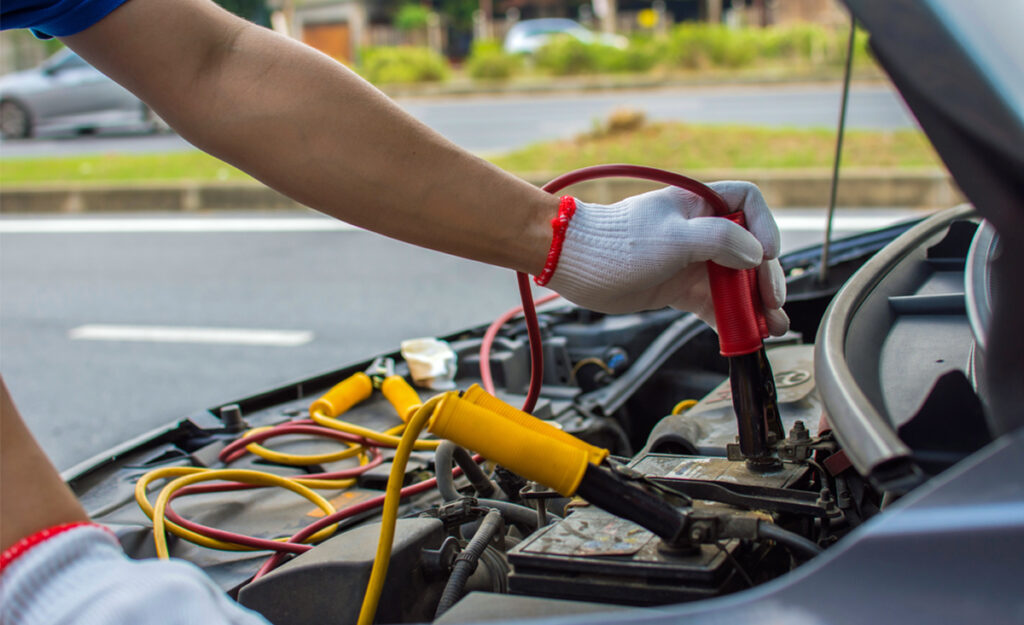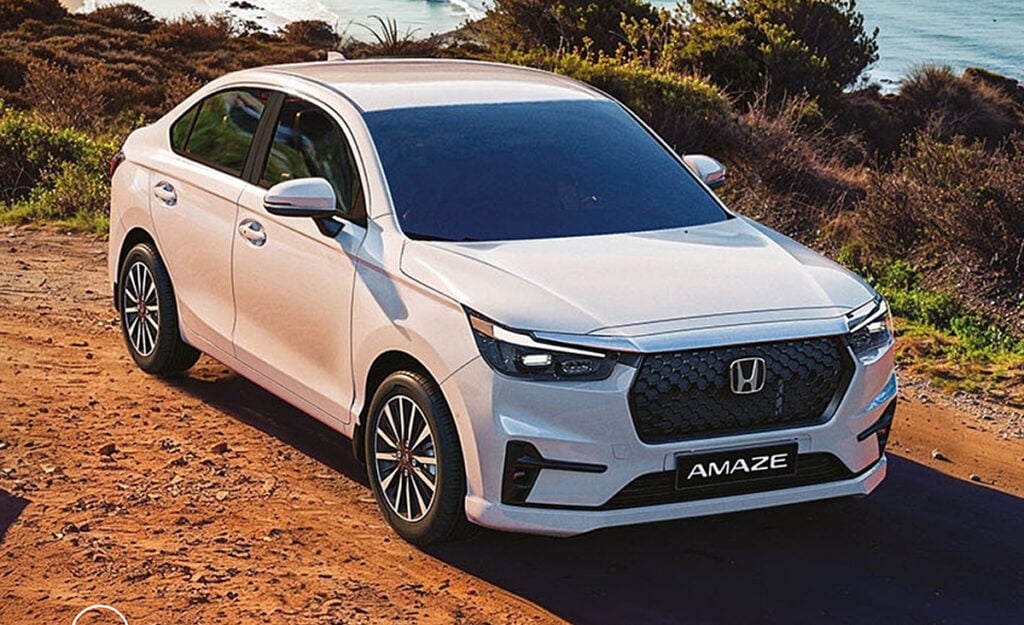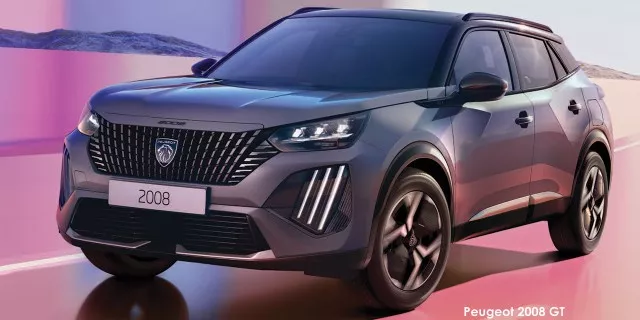
It’s best to avoid jumpstarting a modern car if it has a depleted battery, as the sudden power surge could damage and even break the vehicle’s onboard computers, safety systems, or engine.
This isn’t just limited to luxurious rides, either, as most new-age cars are bundled with plenty of tech that could be harmed by an unexpected voltage spike entering their circuits.
Battery experts First Battery Centre notes that several issues can show face when performing an incorrect jumpstart, including:
- Airbag system flaws – Airbag system may become inconsistent, which could result in airbags not deploying due to an electric fault
- Blown Engine Control Unit – Impacts the alternator and other electrical components such as the fuel pump, onboard computer, and possibly the fuses
- Power steering damage – If manufacturer instructions aren’t followed, the power steering system can be impacted, resulting in a stiff steering experience
- Compromised traction control systems – If manufacturer protocols aren’t followed, the cars’ traction control may be compromised, resulting in unstable road grip
- Inconsistency with Start/Stop systems – Incorrect jumpstart may disable the Start/Stop system and may require you to take your car to a dealership for further assessment
It’s also recommended to avoid jumpstarting an older car with a modern one as it may cause a power surge to the newer model, potentially causing one or more of the above-mentioned headaches.
What should I do with a dead battery?
More often than not, a dead car battery has just been fully discharged and the voltage is below the functional 12V.
Say you have a more modern car with lots of electronics and don’t want to take the risk on a jumpstart, there are two main courses of action to take.
If you or someone you know have a car battery charger at home, it’s recommended to take the power cell out of the engine bay and connect it to the charger for a few hours until it has enough juice to power the vehicle again, and once the car is up and running, the alternator will top up the battery if it still needs more electrons.
If you don’t have such a device, your only remaining option is to take the battery to a battery shop which will be able to check its health and charge it, or replace it if need be.
With proper care, a car’s battery has the potential to last for five years or longer, but if you use it daily under average conditions, it’s recommended to be replaced every three years.











